White House warns costs of Russian invasion of Ukraine could affect China
The White House has warned that the United States and its European allies will inflict “costs” on China if the country is seen as backing a potential Russian invasion of Ukraine.
The comment was made by national security adviser Jake Sullivan on Sunday, just days after Russian President Vladimir Putin and Chinese President Xi Jinping stood side by side at the opening ceremony of the Beijing Olympics and vowed to reinforce their unity against Western "interference."
A statement released following the meeting between the Russian and Chinese leaders said that “friendship between the two States has no limits” and that “there are no forbidden areas of cooperation.”
The United States has accused Russia of preparing to invade Ukraine by amassing an estimated 100,000 troops and military hardware along the border with the former Soviet state. It has threatened Moscow with “severe economic costs” if Russian troops move across the border.
Speaking on NBC’s “Meet the Press” on Sunday, Sullivan warned that the costs of an invasion would affect China as well.
“We believe that Beijing will end up owning some of the costs of a Russian invasion of Ukraine and that they should calculate that as they consider their engagements with the Russian government,” he said.
Sullivan had echoed similar concerns in an appearance on ABC’s “This Week” program on Saturday, but said he believed Beijing understood China was not positioned to “compensate Russia for the economic losses that would come from our sanctions.”
“If Russia does choose to move forward, not only will it come at a strategic cost to Russia, but if China is seen as having supported it, it will come at some costs to China as well in the eyes of the world, in the eyes of Europe and in the eyes of other countries who are looking on now and sending a clear message that they would prefer to see diplomacy over war,” he said.
Appearing on multiple news programs on Sunday, Sullivan said the United States and its allies were prepared to respond forcefully if Russian President Vladimir Putin decides to launch an invasion, which he said could happen “any day now.”
Russia has categorically denied it has such a plan, saying the troop build-up is defensive and in response to NATO’s increased activity near Russian borders. However, it has threatened to take unspecified measures if its security demands are not met.
Sullivan also confirmed that the US and its NATO allies were willing to negotiate missile deployments in Europe if Russia retreats.
“We are prepared alongside our allies and partners to negotiate issues of mutual concern when it comes to European security, and yes, that would include reciprocal limitations on the placement of offensive missiles,” he said on “Fox News Sunday.”
“It would include greater transparency measures; it would include mechanisms to reduce the possibility of mistake or escalation if there were incidents at sea or in the air. We are prepared to do all of that, just as we have been over the course of the past decades in the Cold War and after,” he continued.
While proclaiming that a diplomatic solution is still possible, the United States has begun deploying troops and military equipment to Eastern Europe to bolster jittery NATO allies amid spiraling tensions.
US President Joe Biden on Wednesday ordered the deployment of 3,000 troops to Poland, Romania and Germany, a move Pentagon spokesperson John Kirby said was meant to send a “strong signal” to Putin “and frankly, to the world, that NATO matters to the United States.”
A military plane carrying US troops landed in Poland on Sunday.
VIDEO | Gaza’s Ramadan: 1.7mn displaced struggle between hope and pain of war
Israel’s West Bank land seizures signal 'alternative homeland' threat: Ex Jordanian official
Tarique Rahman sworn in as Bangladesh’s new prime minister
UAE removes online references to Hind al-Owais after Epstein email revelations
Iran in no way seeking nuclear weapons: Pezeshkian
Oman: Iran-US indirect talks in Geneva achieve tangible progress
VIDEO | Press TV's news headlines
VIDEO | Israeli forces loot Palestinian homes across West Bank


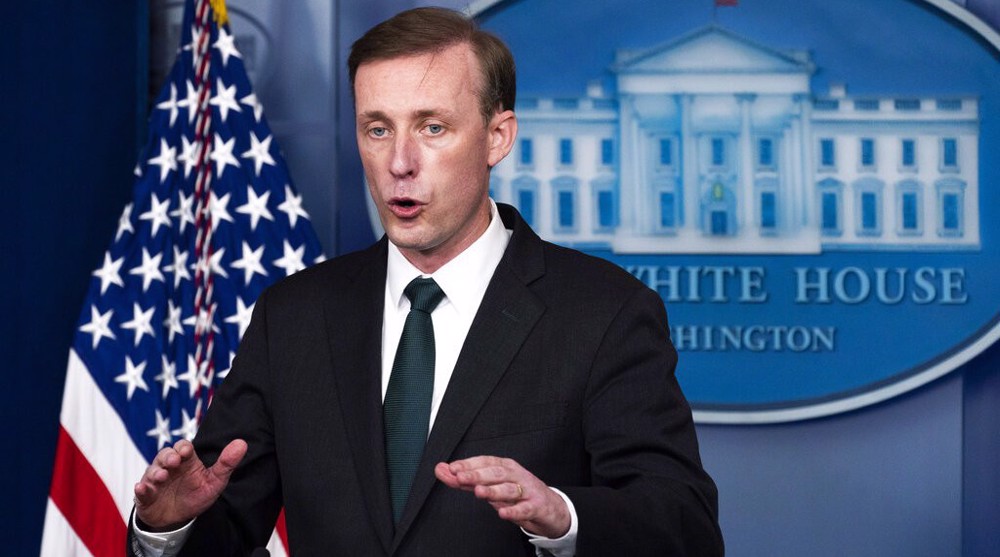
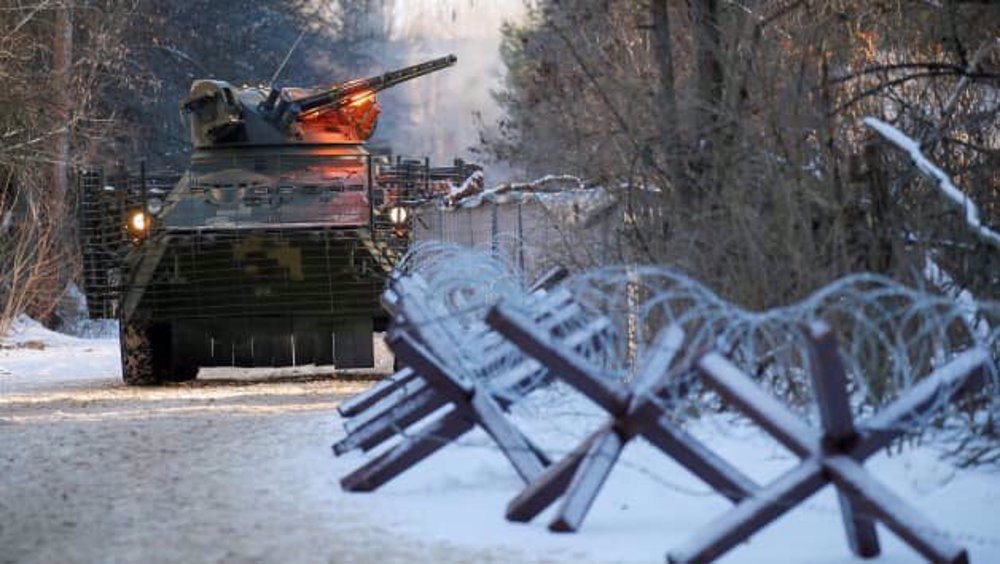
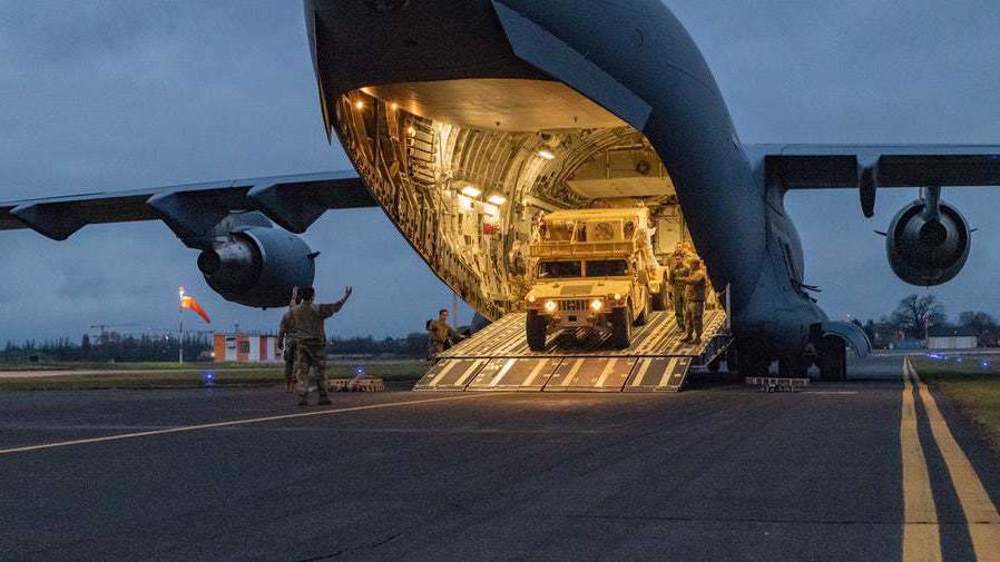
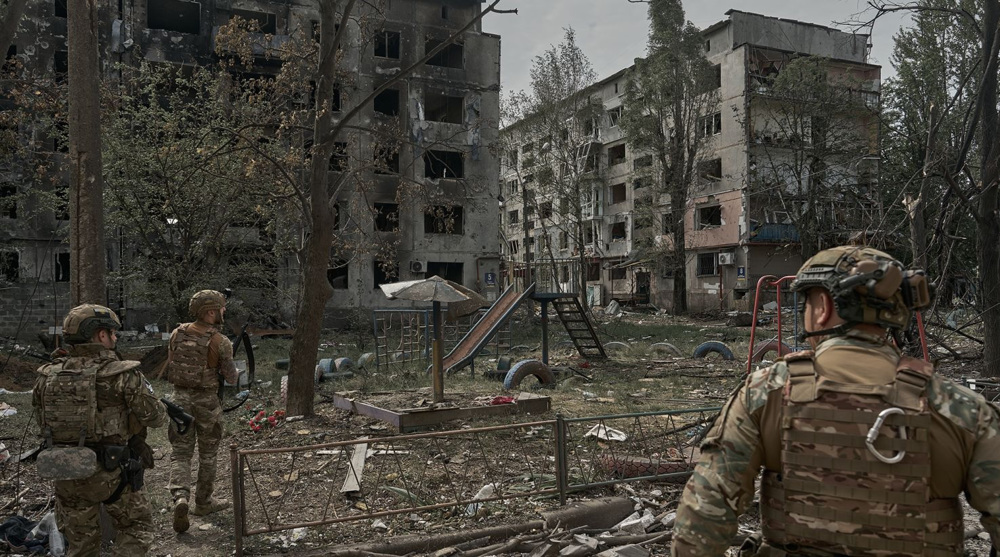
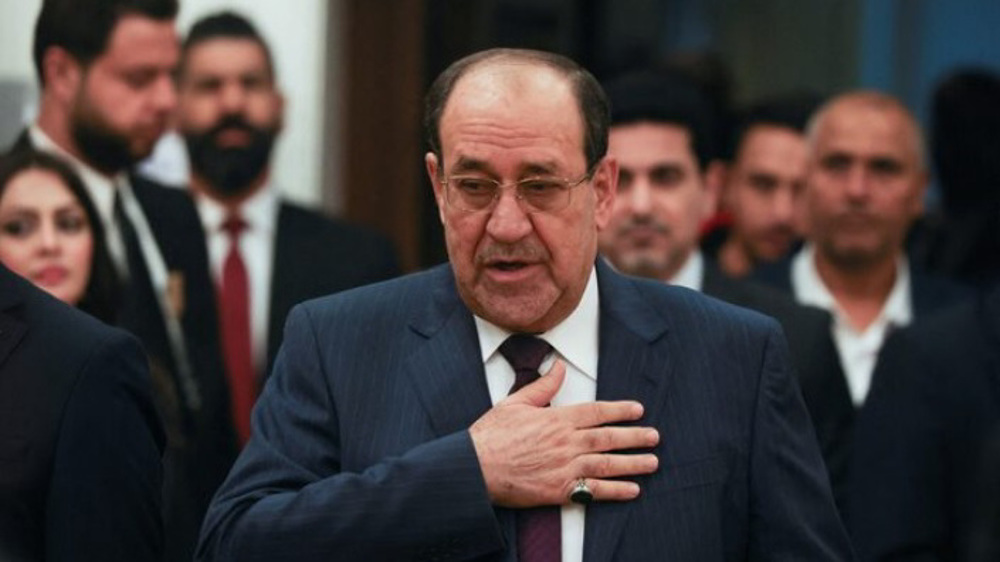
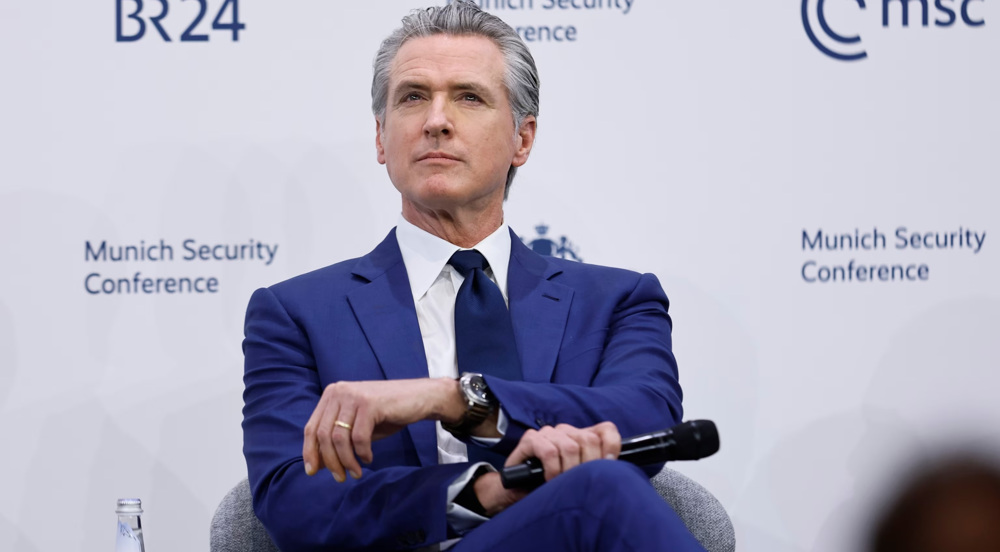



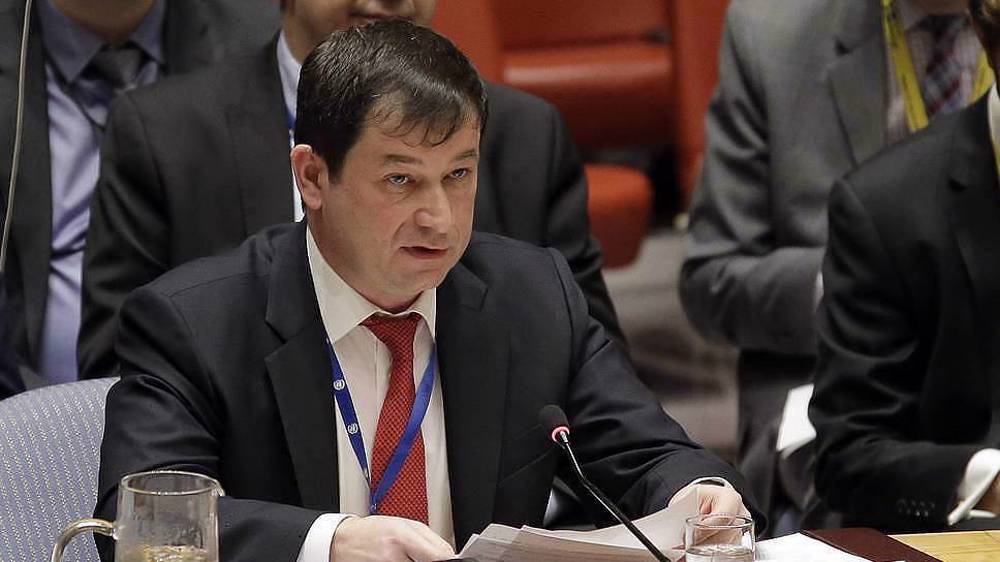
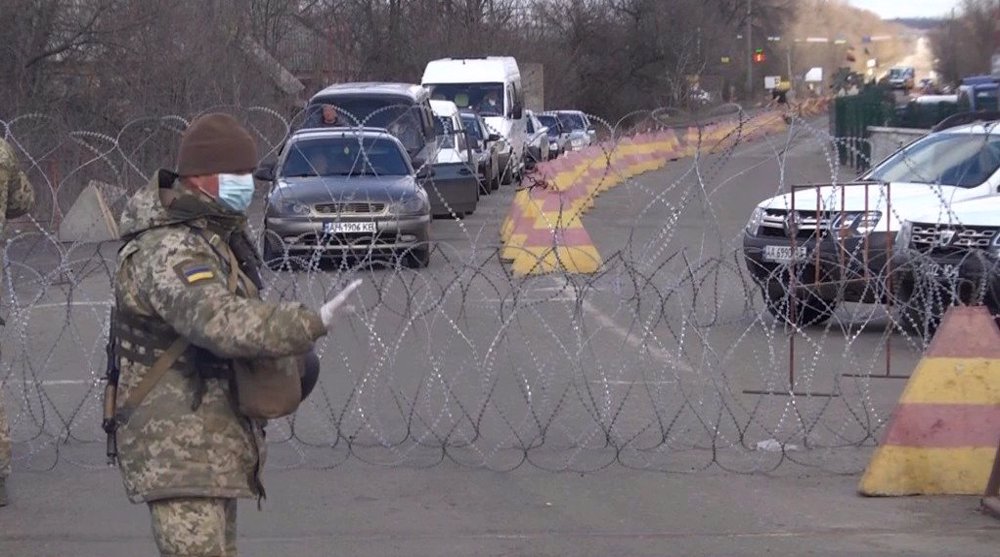
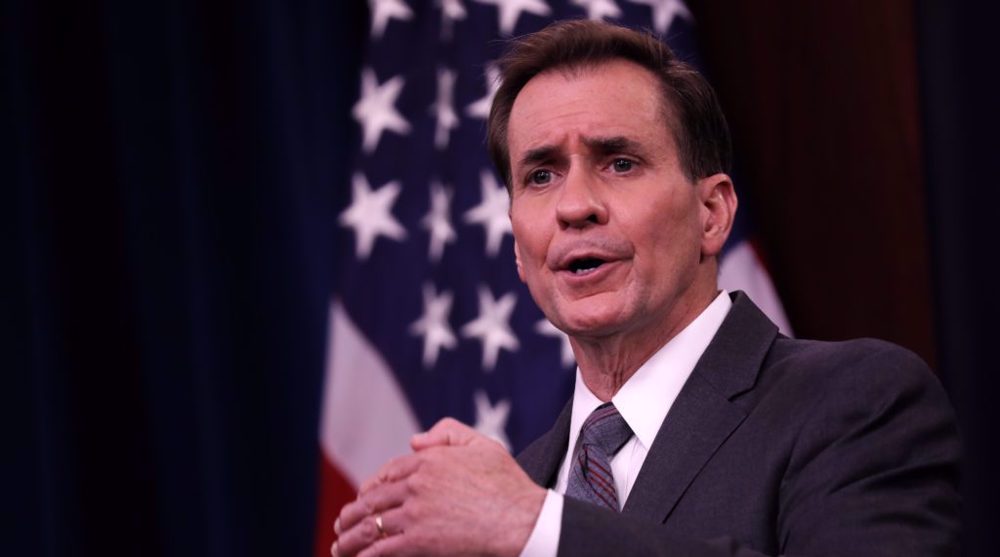

 This makes it easy to access the Press TV website
This makes it easy to access the Press TV website